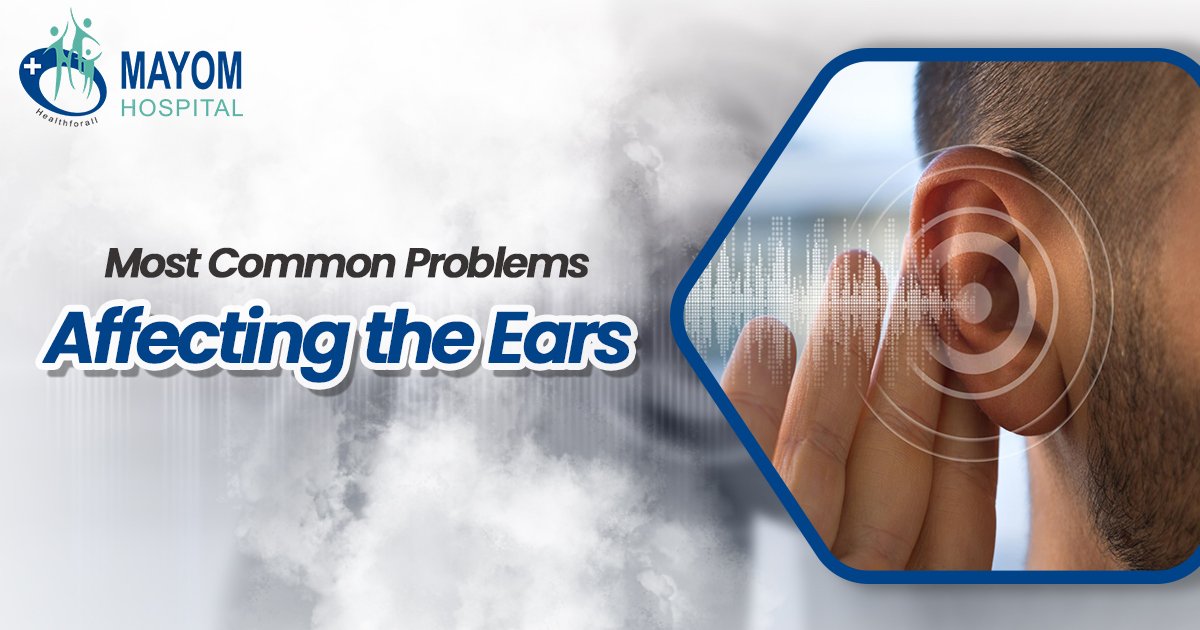How Common is Snoring?
Forty-five percent of normal adults snore at least occasionally, and 25 percent are habitual snorers. Loud and frequent snoring can be more than just a nuisance to your partner and may indicate a serious health condition. Snoring is more frequent in males and overweight.
What Causes Snoring?
Snoring occurs when air flows past relaxed tissues in your throat, causing the Uvula to vibrate as you breathe, creating hoarse or harsh sounds.
People who snore may suffer from:
-
Poor muscle tone in the tongue and throat, either from alcohol or drugs that cause sleepiness, the tongue falls backwards into the airway or the throat muscles draw in from the sides into the airway. This can also happen during deep sleep.
-
Nasal Blockage by polyps, Deviated Nasal Septum(DNS), Adenoid
-
Oropharyngeal Blockage by Long Uvula or Bulky Palate, or Enlarged Tonsils or Bulky Tongue base can lead to snoring.
A chronically snoring child with Mouth breathing should be examined by ENT Doctor for problems with tonsils and adenoids WHICH CAN HYPERTROPHY AND BLOCK THE AIRWAY.
Is Snoring Serious?
Yes! It disturbs sleeping patterns and deprives the snorer and the bed partner of appropriate rest. When snoring is severe, it can cause Obstructive Sleep Apnea (OSA), in which the relaxed throat muscles block the airway briefly hundreds of times each night stopping the breathing and depriving your body of oxygen. In the short-term this causes tiredness and sleepiness during the day, irritability and restlessness, and puts you at risk of accidents when driving for example. In the long-term it can cause high blood pressure, heart attacks and strokes.
What is the Treatment of Snoring?
-
A Snoring Endoscopy will find out the Site (Nose or Throat) and the Severity (Simple vs Obstructive) of blockage, along with a Sleep Study
-
Simple Snoring may only need simple lifestyle changes, such as losing weight or sleeping on your side and avoiding alcohol or sedatives, can help decrease snoring.
-
For Obstructive Snoring, Minimally Invasive surgery which can be done on a outpatient clinic setting like Uvuloplasty or Tongue Base Chanelling using special Cobalation (Cold Ablation) Wands is available that reduces disruptive snoring by removing the obstruction in the breathing passage.
-
People with Obstructive Sleep Apnea may alternatively be treated by a nasal mask that delivers air pressure into the throat (CPAP) or Jaw / Tongue Retainer to decrease the Obstruction.
How Common is Snoring?
Adults who suffer from mild or occasional snoring should try the following self-help remedies:
-
Adopt a healthy and athletic lifestyle to develop good muscle tone and lose weight.
-
Avoid tranquilizers, sleeping pills, and antihistamines before bedtime.
-
Avoid alcohol for at least four hours and heavy meals or snacks for three hours before retiring.
-
Establish regular sleeping patterns.
-
Sleep on your side rather than your back.
-
Tilt the head of your bed upwards four inches.
Remember, snoring means obstructed breathing, and obstruction can be serious. It’s not funny, and not hopeless.









Comment Here